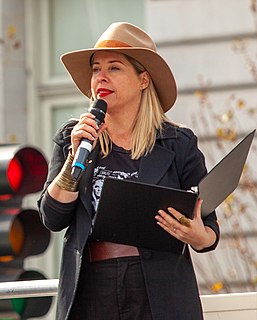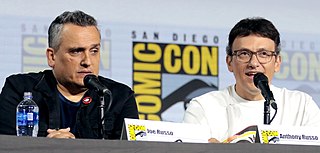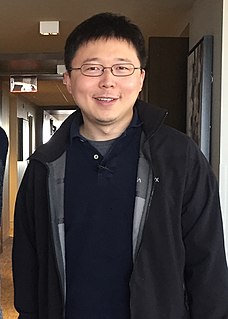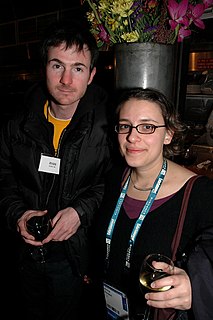A Quote by Walter Isaacson
Good telling of human stories is the best way to keep the Internet and World Wide Web from becoming a waste vastland.
Related Quotes
When I was 14, I spent a huge amount of time on the Internet, but not the Internet we know today. It was 1994, so while the World Wide Web existed, it wasn't generally accessible. Prodigy and CompuServe were popular, and AOL was on the rise, but I didn't have access to the web, and no one I knew had access to the web.
What I saw quite clearly in the '80s, before the internet, was that the whole world was shifting toward digital formats, and that didn't matter whether it's movies or writing or whatever. It was something that was coming. And with the invention of the World Wide Web in the early '90s, when we were teaching our first courses, or the arrival of the internet by way of the browser, which opened up the internet to everybody - soon it was just revolutionary.
The notion of the Internet as a force of political and social revolution is not a new one. As far back as the early 1990s, in the early days of the World Wide Web, there were technologists and writers arguing forcefully that the Internet was destined to become the most important tool for cultural change in human history.
There's a social and human necessity for some kind of continuity, but it's not axiomatic and not something you're born into; it's something you have to work at. And one of the ways to work at it - perhaps the best - is storytelling: telling stories about yourself to others, telling stories about yourself to yourself, telling stories about others to others.






































